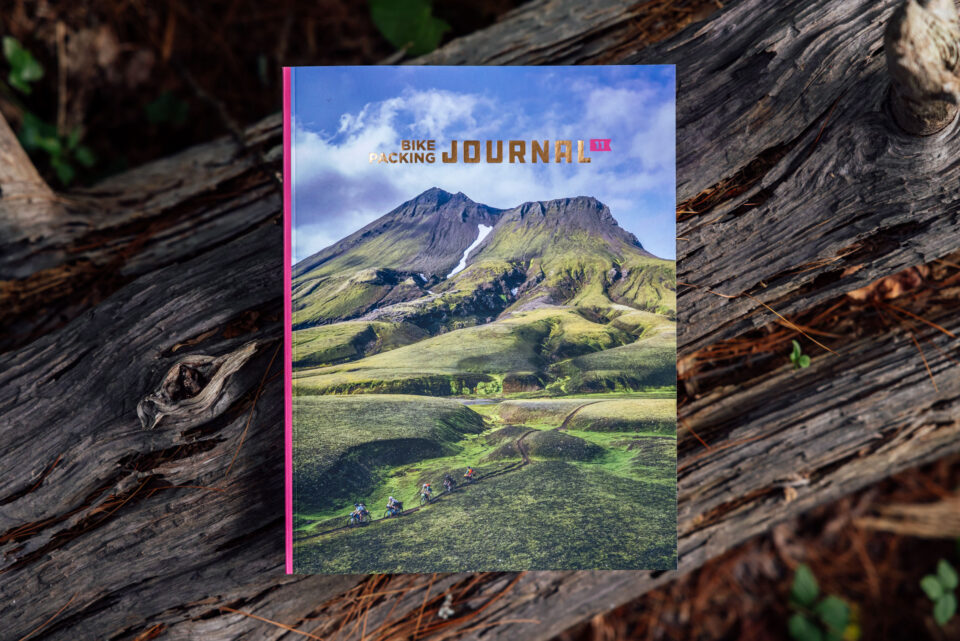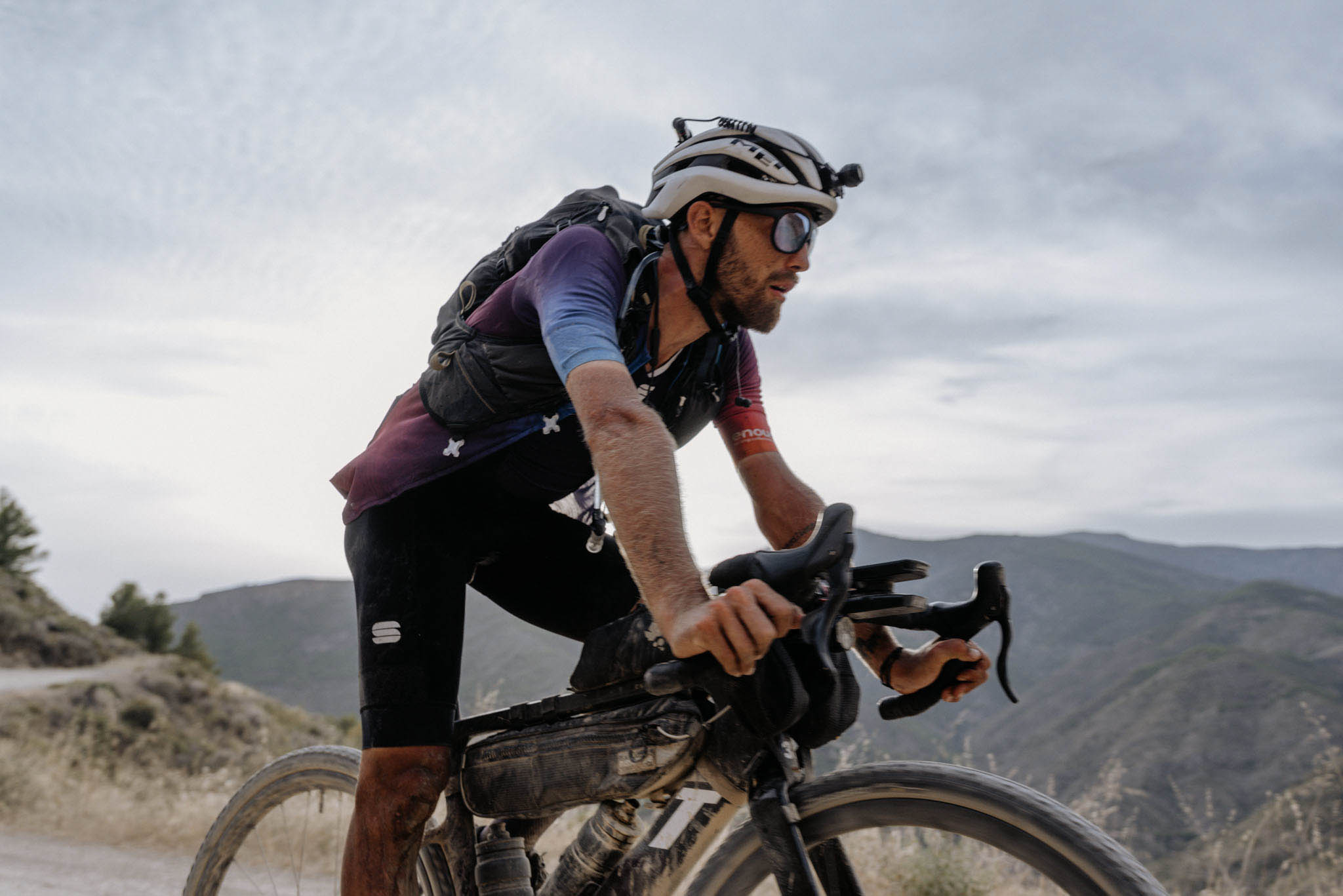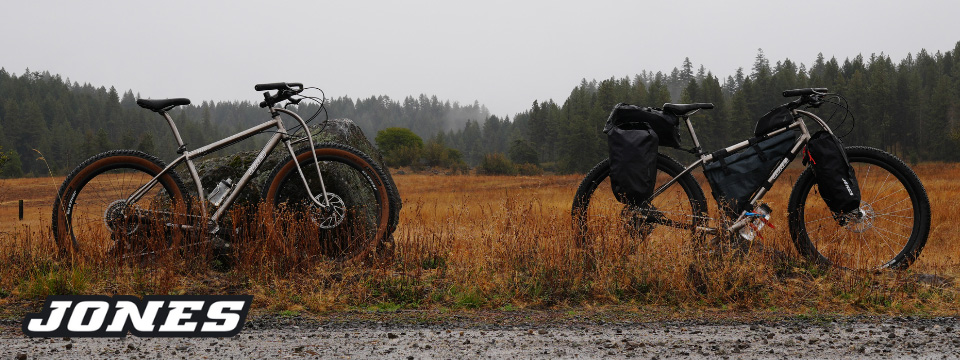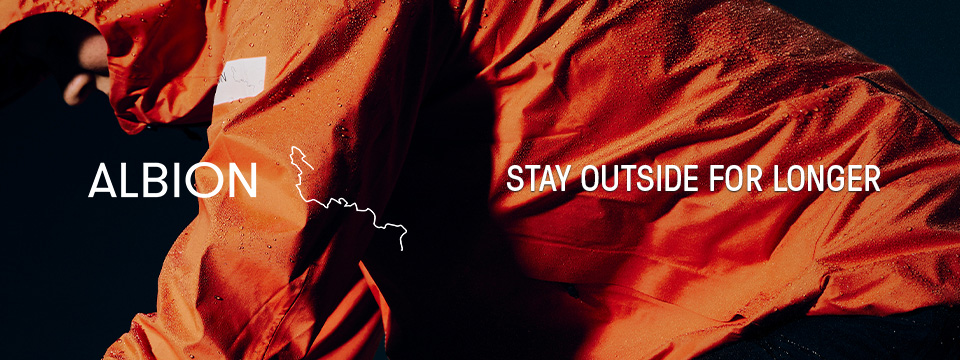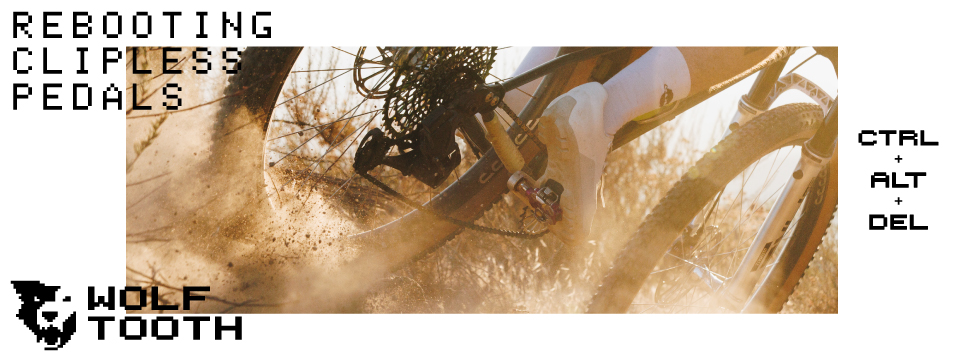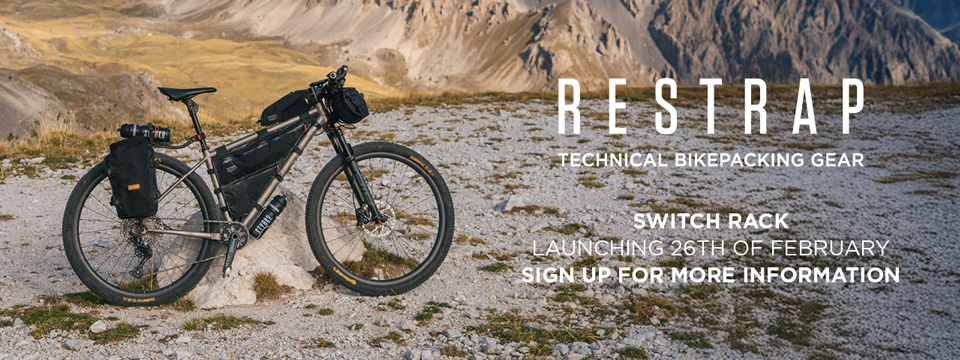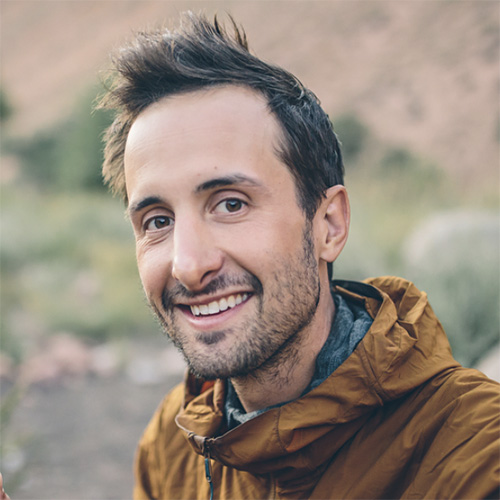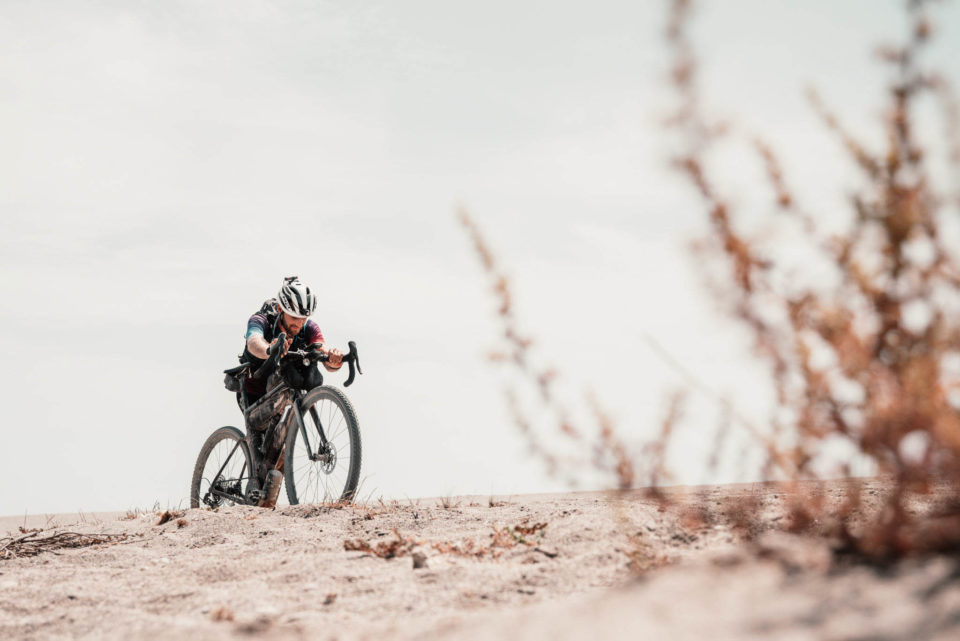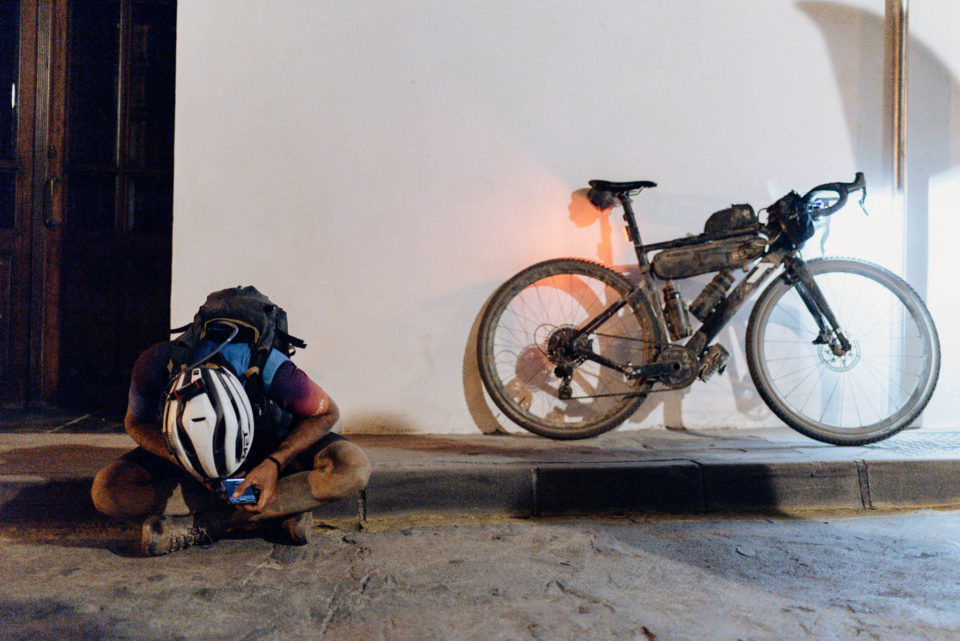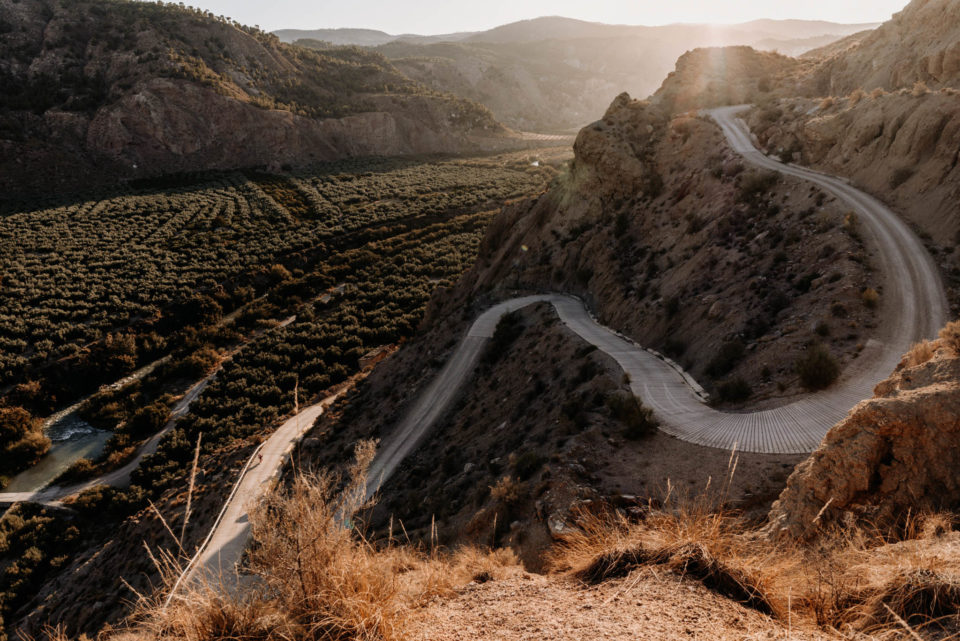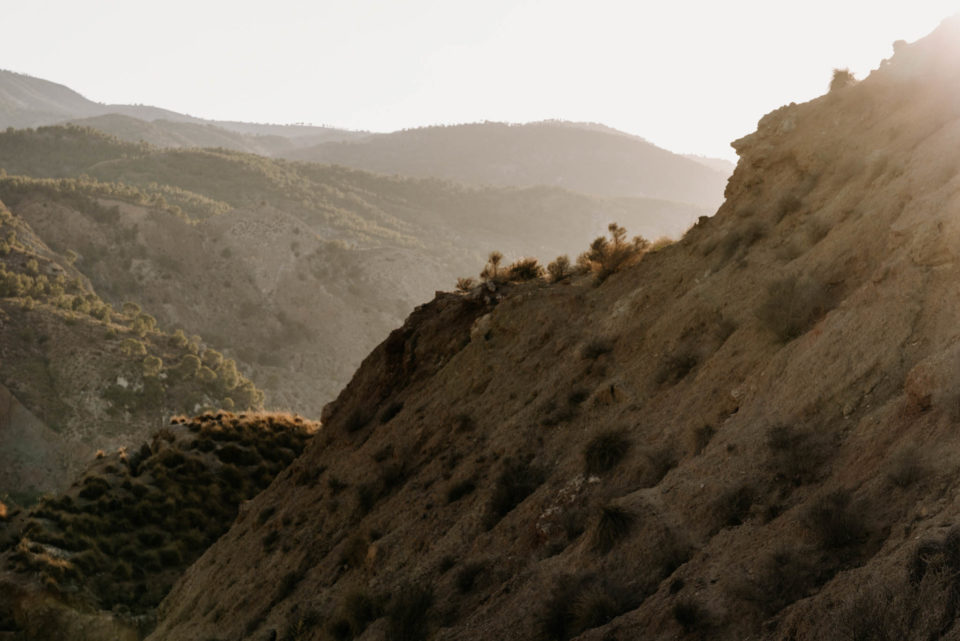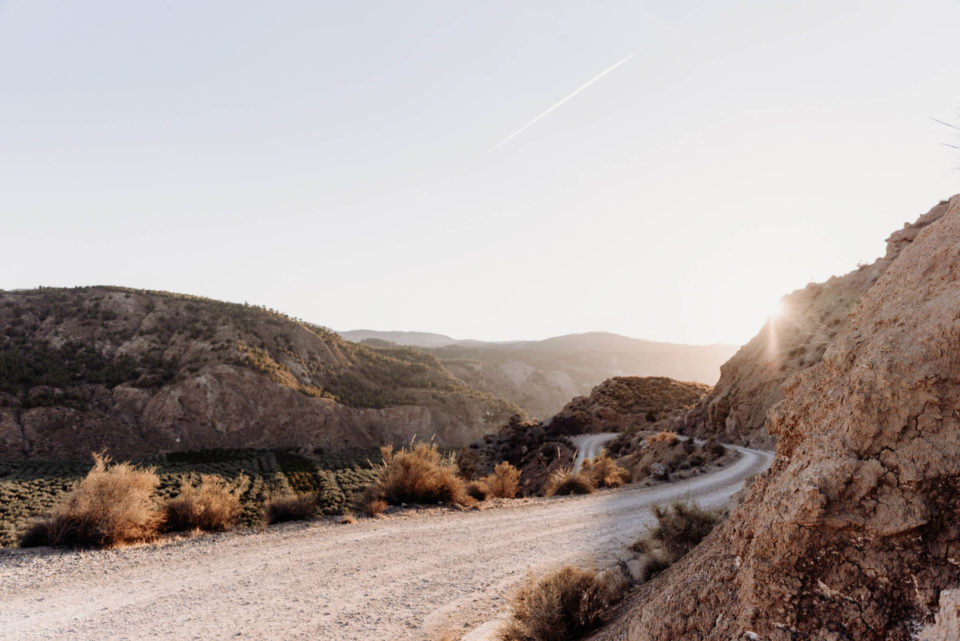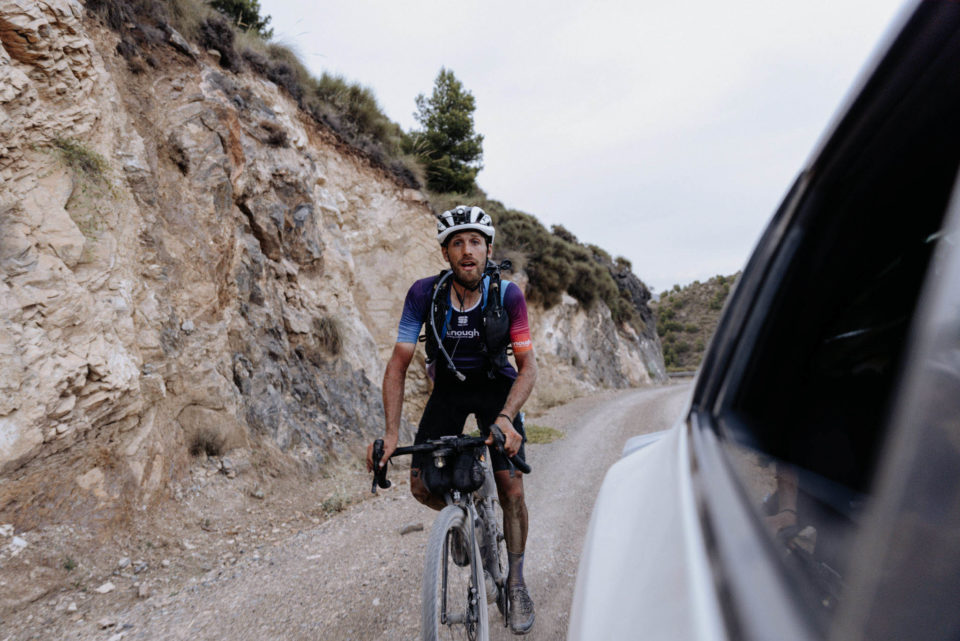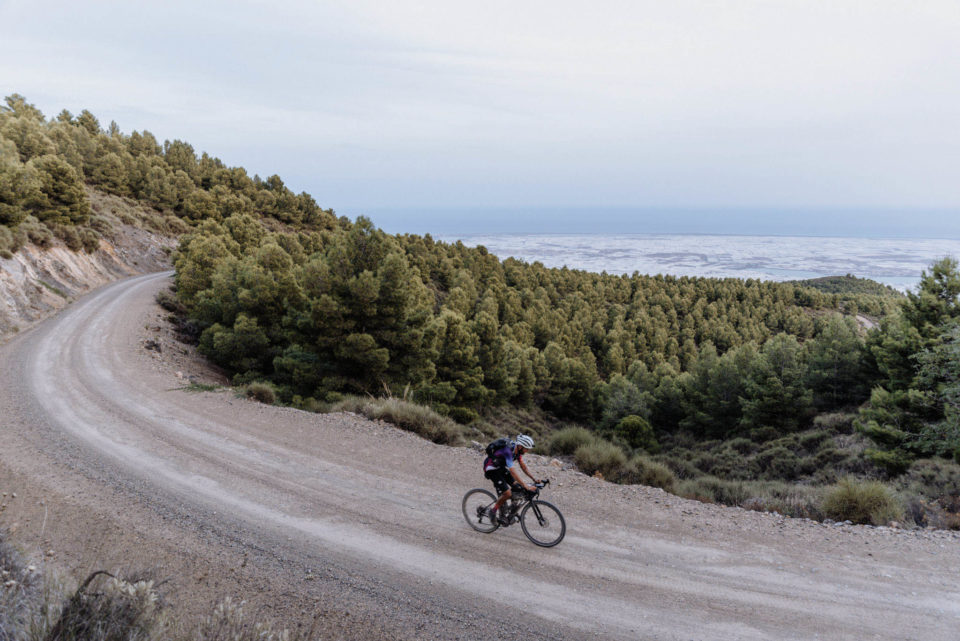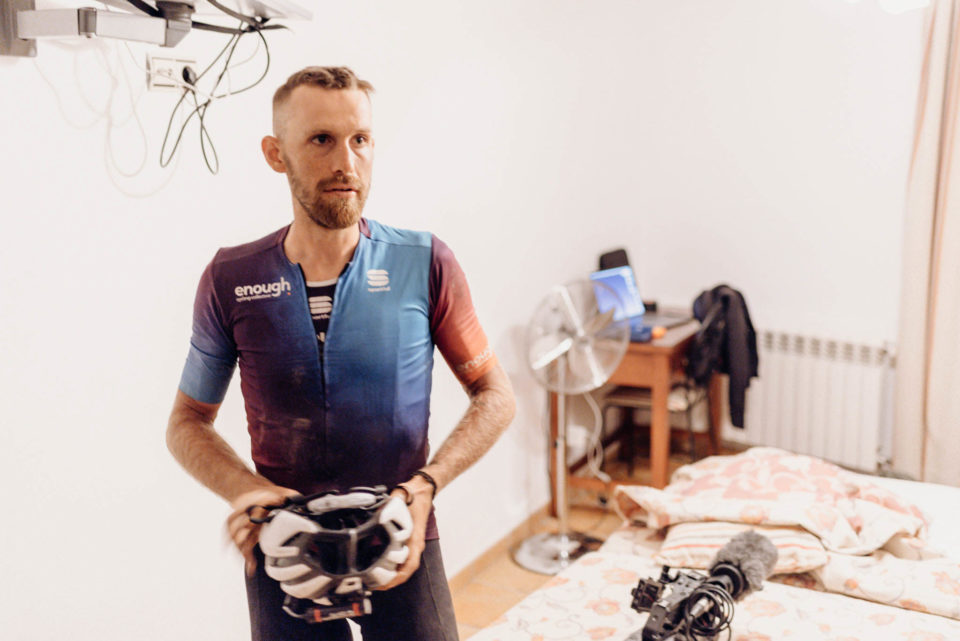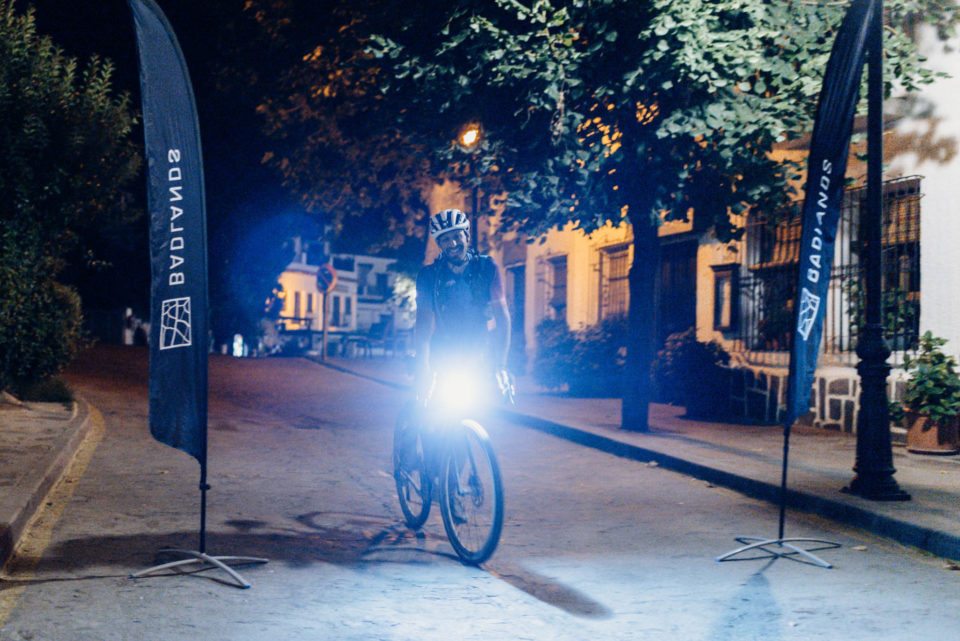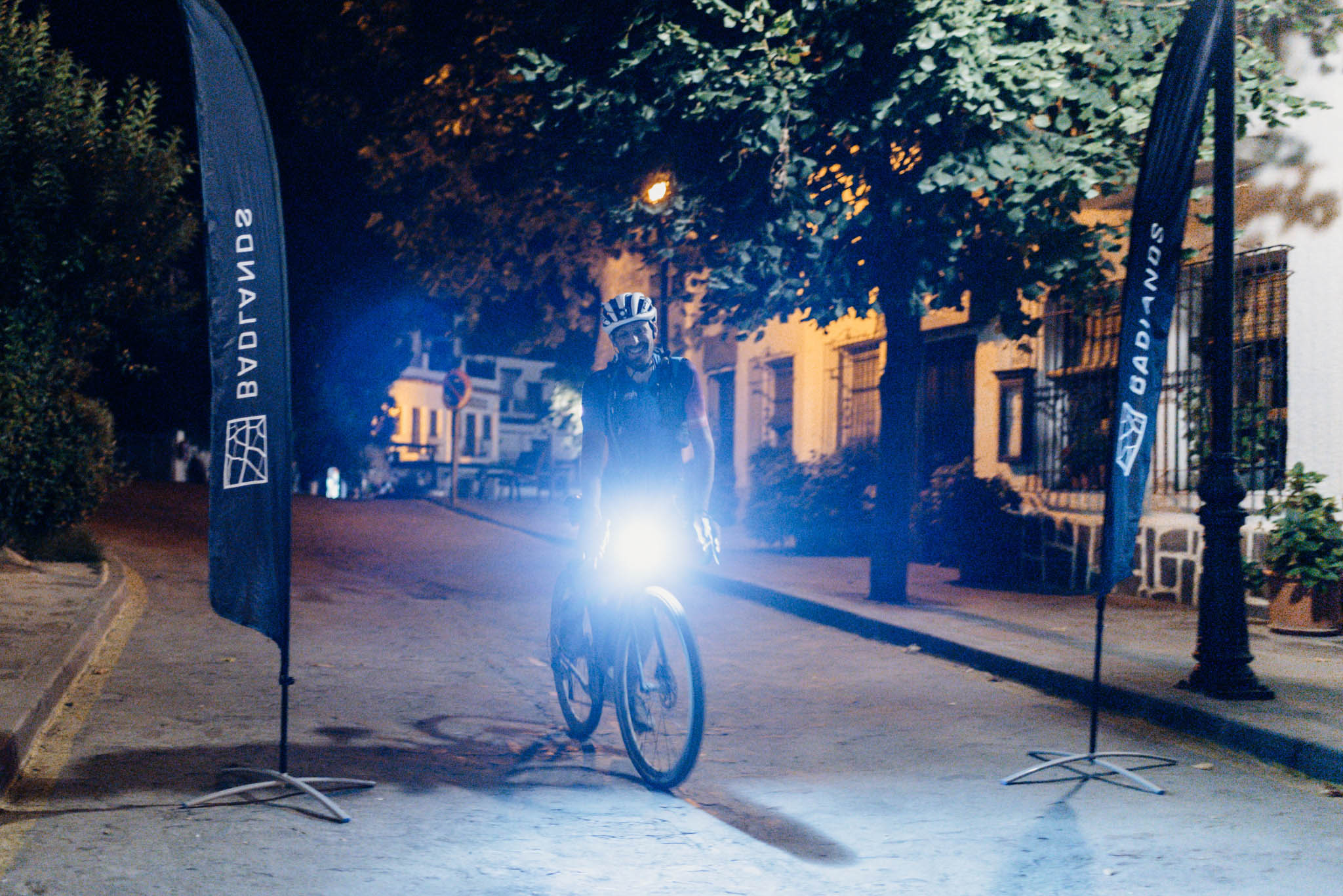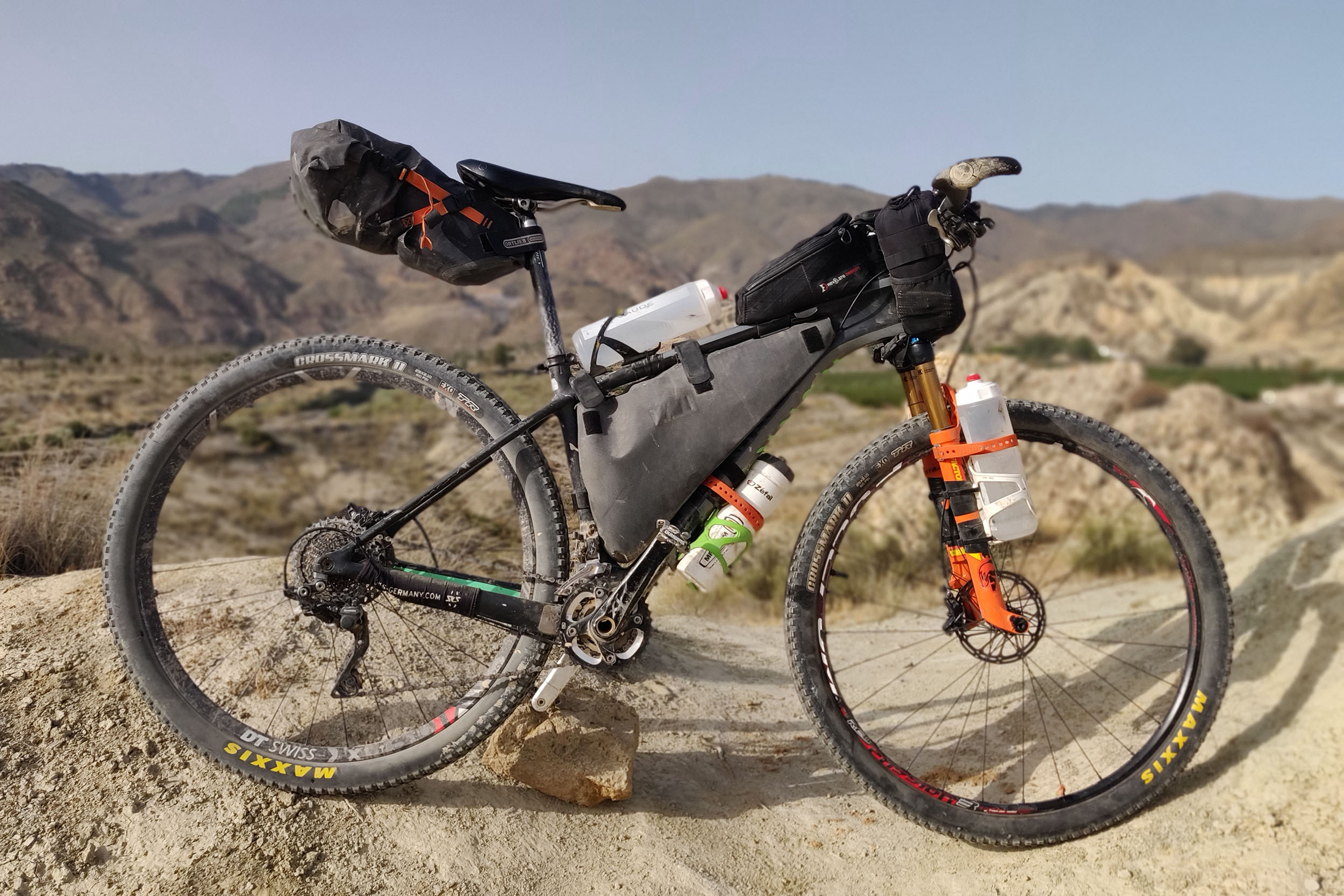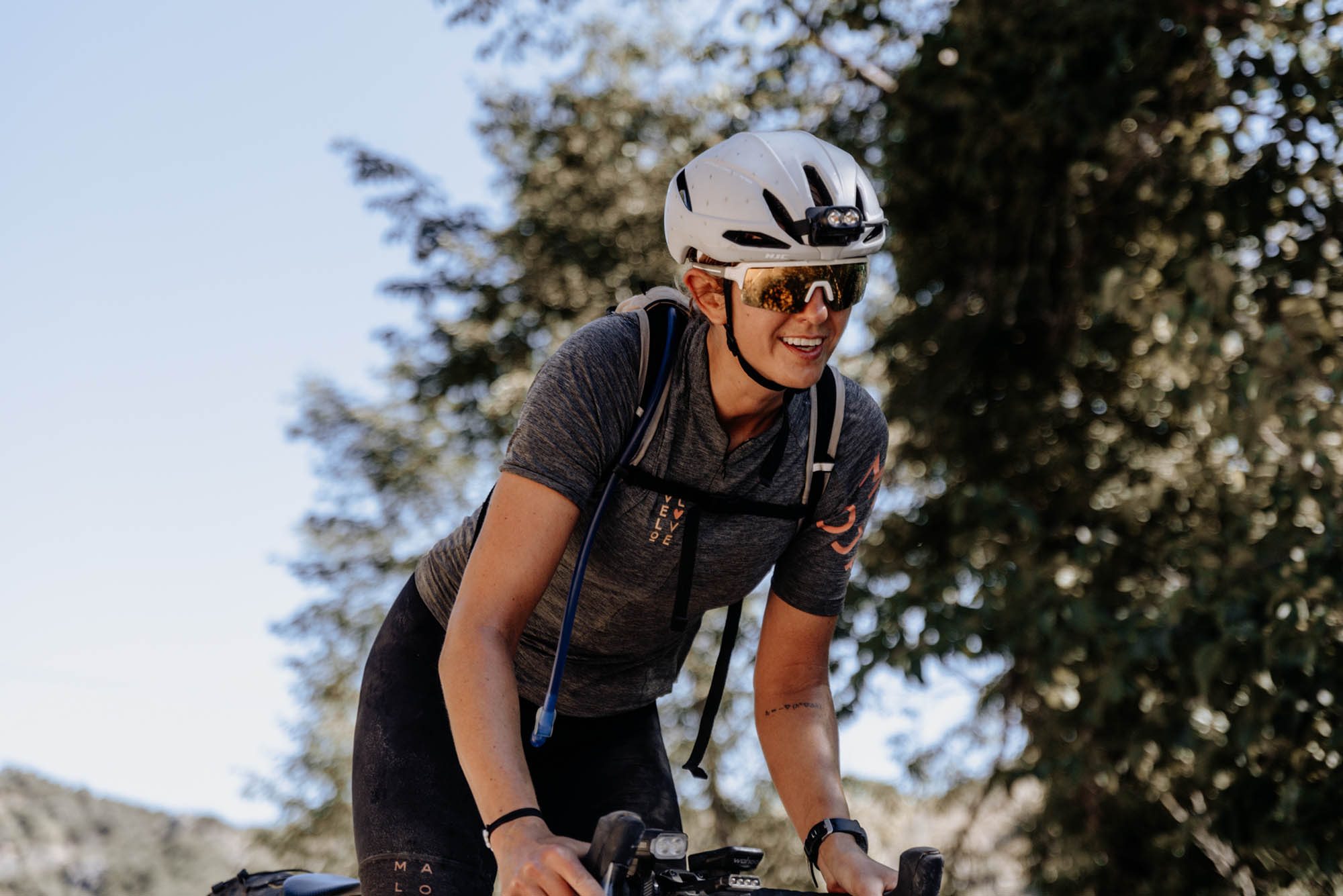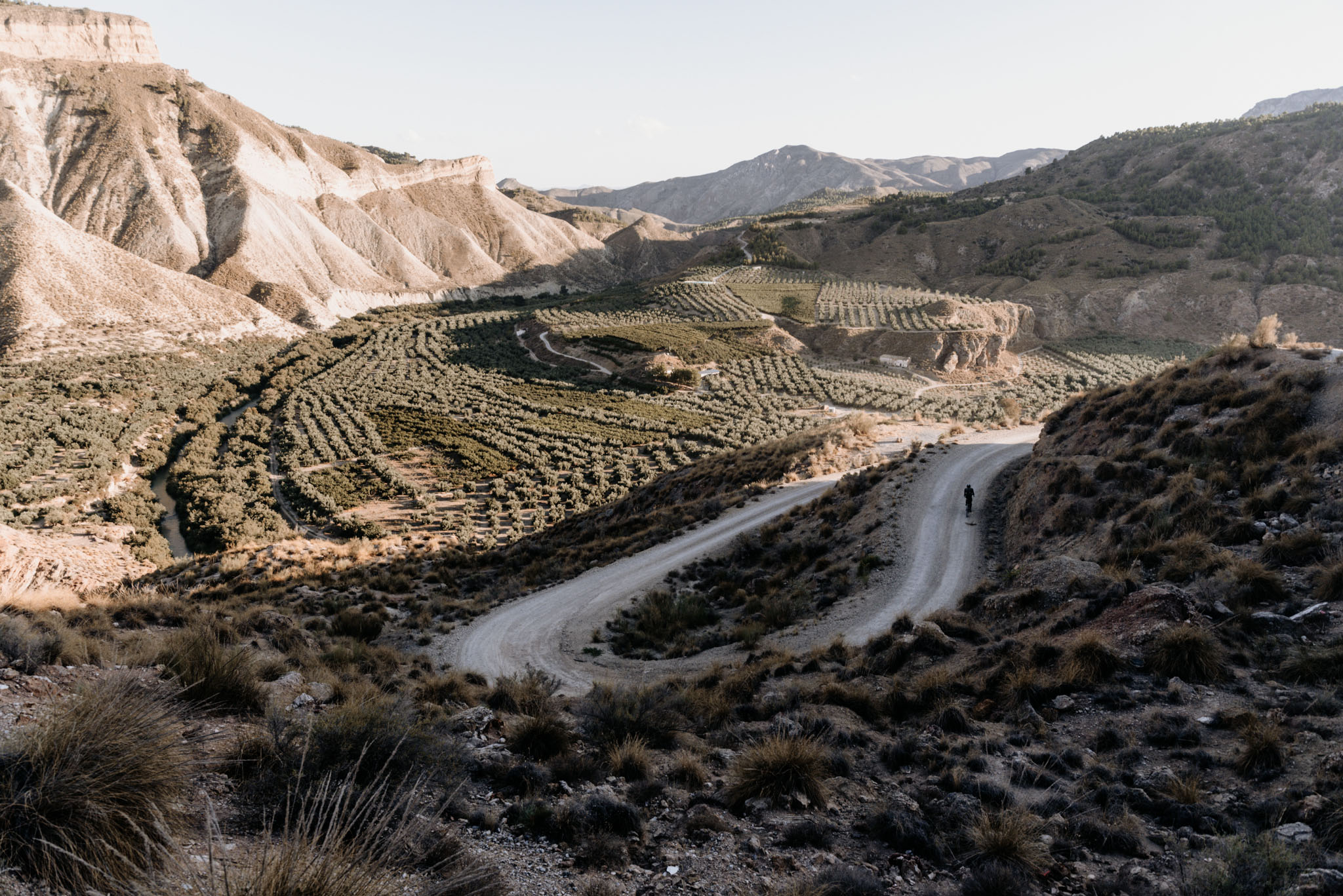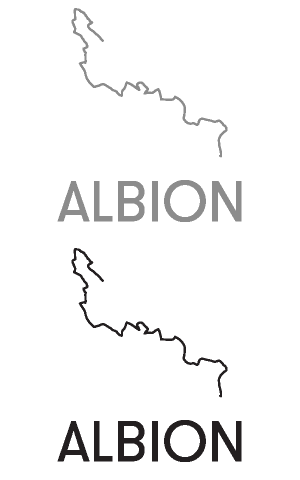A Post-Race Interview with 2021 BADLANDS Winner Mattia de Marchi
Following his impressive win at the 2021 BADLANDS race in Spain, we caught up with Mattia de Marchi to hear more about his experience out on the rugged 750-kilometer route, including what went well, what went wrong, and his advice for aspiring ultra racers. Find our interview and a gallery of photos here…
PUBLISHED Sep 9, 2021
Photos by Jakub Kopecký (@jacob_kopecky)
As a relative newcomer to the ultra-distance bikepacking scene, it’s safe to say 30-year-old Italian Mattia de Marchi’s recent effort at the 2021 BADLANDS surprised more than a few dot watchers and other riders alike, especially given the field of well-known contenders. With a time of just 45 hours and 54 minutes, Mattia was the first rider across the finish line of the grueling 750-kilometer (465-mile) course that snakes its way through a beautiful and remote stretch of southern Spain. Eager to hear more about his first big win, we checked in with him as he was making his way home. Find our full interview below.
Tell us about your background as a cyclist and how you got into ultra racing.
I have raced on the road since I was a kid, and competed in all categories up to Under 23. I was also able to get onto a pro team for a summer stage and won a race at Tour of China, but unfortunately I didn’t get a contract after that. I stayed a couple of more years at the continental level, then quit because I’d had enough.
To put it simply, I like being on a bike, and I started doing long distances on the road, mainly in Italy. At some point, I got into gravel and loved it as much as I loved riding on roads. The Atlas Mountain race was my first true adventure off-road last year, after which I was patiently waiting for events to happen once COVID-19 was under control. Badlands was one of the first I could get in this year.
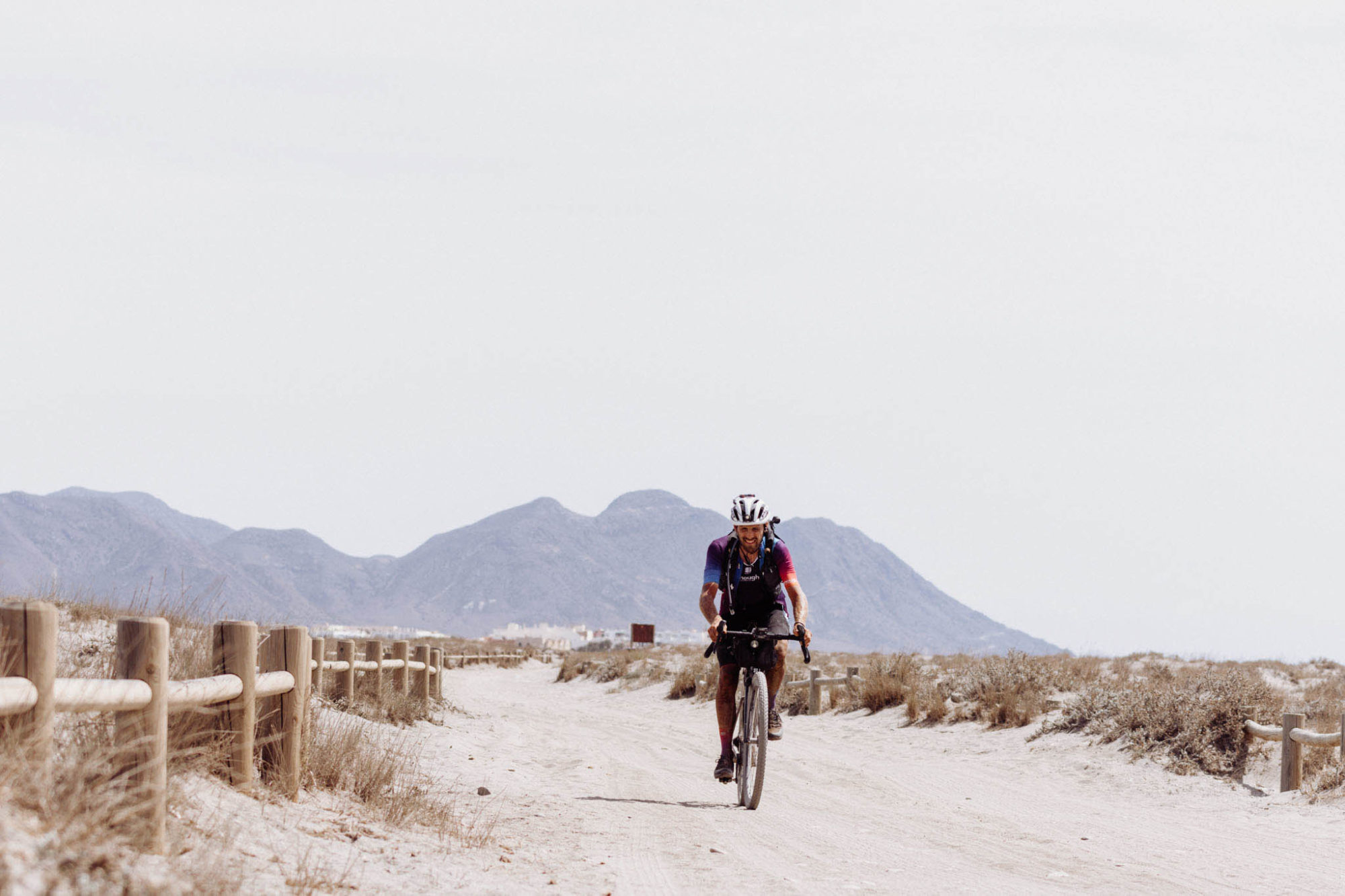
Of all the races happening this year, what attracted you to BADLANDS?
Last year, there was quite a lot of hype around Badlands. I saw pictures and videos, and I liked them a lot. I knew I definitely wanted to come here and ride in such beautiful places. Also, I saw Lachlan Morton’s performance last year, and I figured the hype would attract many strong riders. I was looking forward to confronting the best in ultra-cycling, and I knew this was the race to do so. Unfortunately, Lachlan wasn’t here, but I hope one day we will cross our paths so I can understand how strong he is firsthand. Or maybe just have a beer and a chill ride together.
Can you share some things that went especially well for you out on the route?
The first thing that went very well is I didn’t have any mechanical or problems whatsoever. It’s happened many other times, but I was lucky for once. It’s actually a mix of luck and preparation, and it’s about choosing the right gear and setting everything up to leave the smallest amount of room for bad luck to strike. I was very happy with my setup this time.
How the race unfolded was also just perfect for me. I didn’t attack or need to push to drop someone. I had my pace and kept it for the whole route, which is the best way to make sure you don’t do anything stupid and push too hard, finding yourself empty later on.
And what went wrong or could be improved next time?
The guys from Enough Cycling always tell me I’m a disaster because either I break or lose stuff whenever I ride. This time it was the latter. With 35 kilometers to go, I had a little crash on a singletrack section, and after a couple of kilometers, I realized I lost my GPS tracker. From there on, I shared my WhatsApp location with the race directors. It wasn’t such a big deal, but I just didn’t want to disappoint my fellas back home!
You barely stopped riding for two full days. What kind of toll does that take on your mind and body?
That was a big question mark for me because I’d never ridden for two full days and two full nights in a row before. In longer events, I’m the one who definitely needs to sleep a few hours a night, as I did on the Italy Divide. My original plan was to be a bit faster and finish the ride a couple of hours earlier and to keep the second night very short, but the last stretch was super hard, and I ended up riding two full nights too.
One way or the other, I guess your body adapts if you’re a bit used to it. The only thing that was a bit of a problem was eating. In the last hours, I didn’t feel like having any food, and I ended up running completely on empty.
The mental aspect is a whole different thing. You encounter high and very low moments, and sometimes it feels like you’re not going anywhere, and you feel you’re riding way too slow, even asking yourself what the hell you are doing out there. In these moments, little things like messages from friends and family are of great help to find a bit of motivation and keep rolling. The mental side is absolutely the key one in the ultra-cycling business.
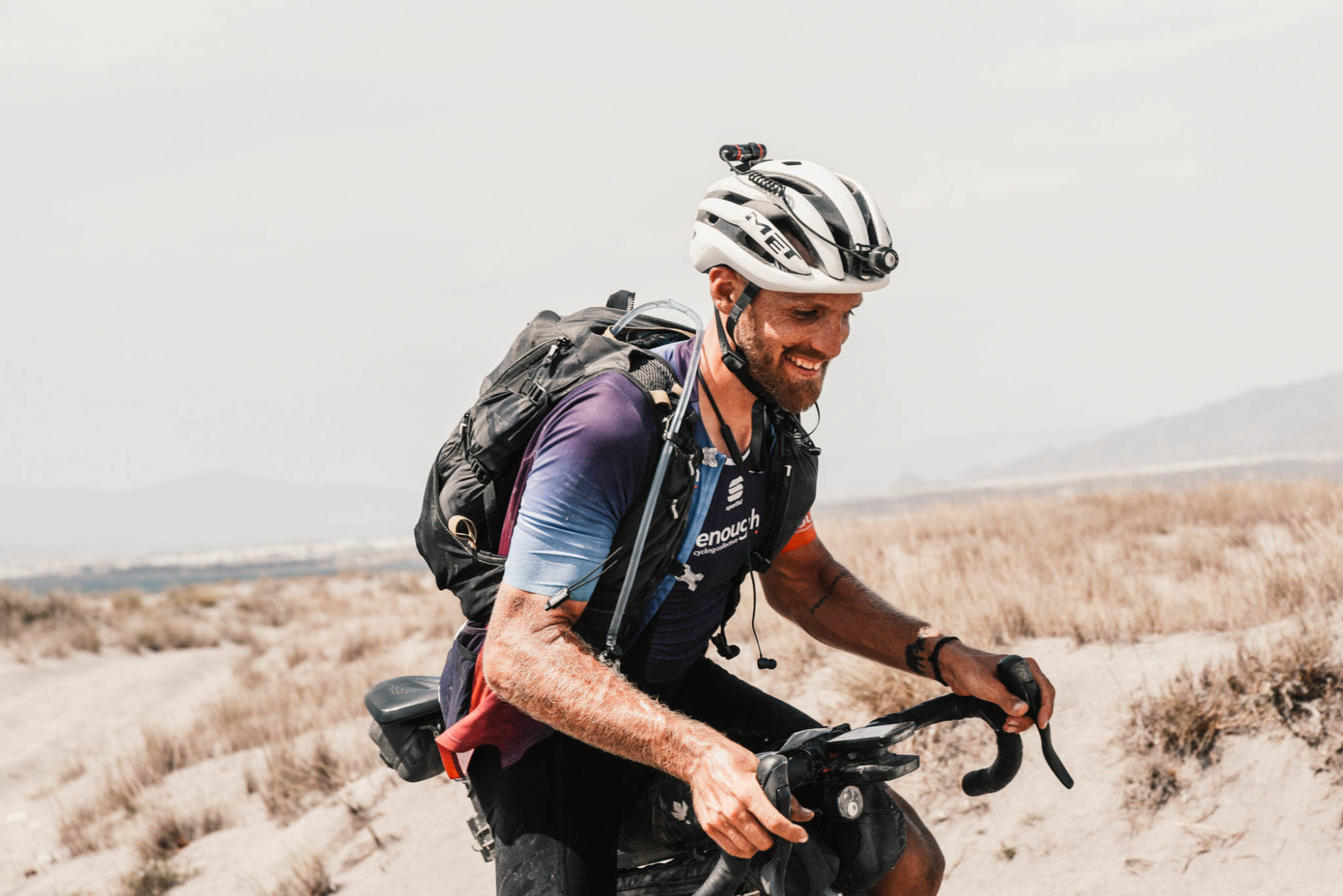
What bike were you riding, and how did you modify it for BADLANDS?
I was on my gravel bike, a 3T Exploro Racemax. Actually, this specific bike is the first one they made entirely in Italy. I got it first to race the Nova Eroica, and I’ve been riding it ever since. I use Campagnolo Ekar as a groupset, this time with 40 in front and a 10-44 cassette in back.
Wheels and tires always make a difference on gravel. This time, I rode on a brand new set of 700C Fulcrum wheels (they will release them to the public at the end of September) and Pirelli Cinturato Gravel M 40mm tires.
I also ran a minimal bag setup, with just a Miss Grape frame bag and something on the handlebar. I had a backpack with a 2L water capacity, which was crucial for surviving some very long remote stretches.
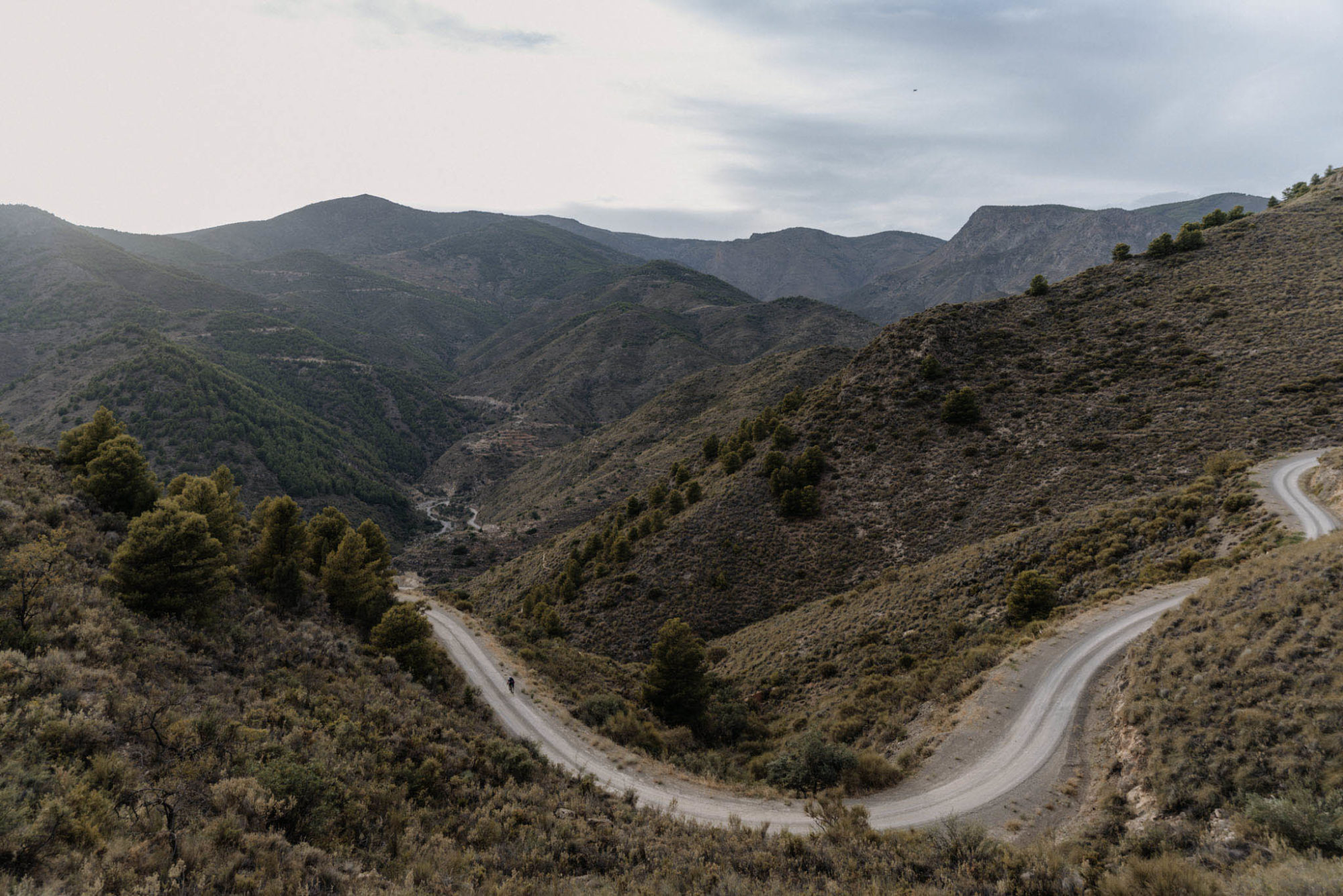
Any favorite sections of the route?
The Gorafe Desert. It’s such an incredible place, and it feels like you’re riding on the moon. And also Sierra de Gador. That was a great climb after 620 kilometers, a nice reward after a tough section.
I crossed the Tabernas Desert at night, but my friends Asja and Federico, who rode it in daylight, told me it was a highlight of the route. I’ll be back to ride it as a “tourist” for sure!
Once you’ve recovered from this race, what’s next?
I’m actually going to ride a Gran Fondo on Sunday, the Strade Bianche. I’m not sure if I’ll be racing or just riding, but I’ll be there. After that, I’ll ride Jeroboam Gravel. It’s a home event for us, and we will have tons of fun with many friends. I’ll also be at the Gravel Epic in Switzerland.
Do you have any words of wisdom or advice for aspiring ultra racers?
I think ultra and adventure cycling are getting much attention now and becoming interesting for a much bigger audience, not only for the niche community it’s always had. Watching from home, you always see who’s winning and who’s doing great, but the truth is these events are incredibly tough, and you need to be ready for them to excel. So, my advice, especially for newcomers, is not to take finishing for granted. A small problem can become huge and lead to a DNF if you’re not ready to deal with it. Try to be as prepared as possible. That means preparing by studying the course and being mentally ready, even more so than training.
Lastly, is there anyone you want to thank?
We, the riders, did the easy part: pedaling and doing what we love. The organizers put on a great race, possibly with the best organization I’ve seen so far. So professional and so good. So, a big thanks to them for the fabulous route and the great event!
You can keep up with Mattia on Instagram @mattia_de_marchi.
Related Content
Make sure to dig into these related articles for more from BADLANDS...
Please keep the conversation civil, constructive, and inclusive, or your comment will be removed.



